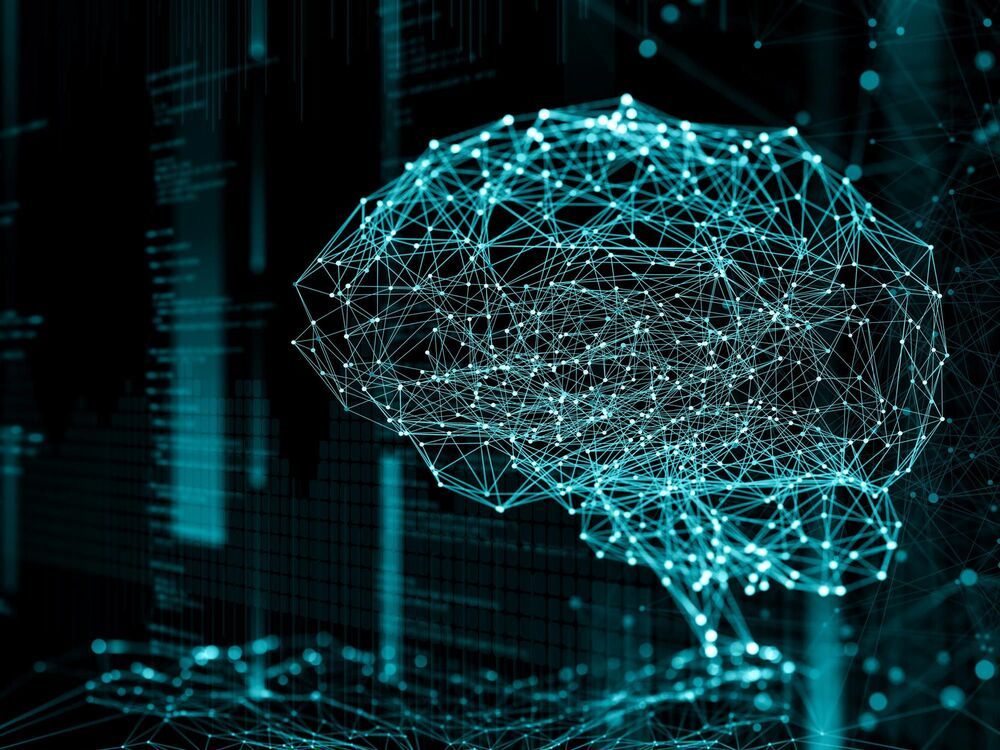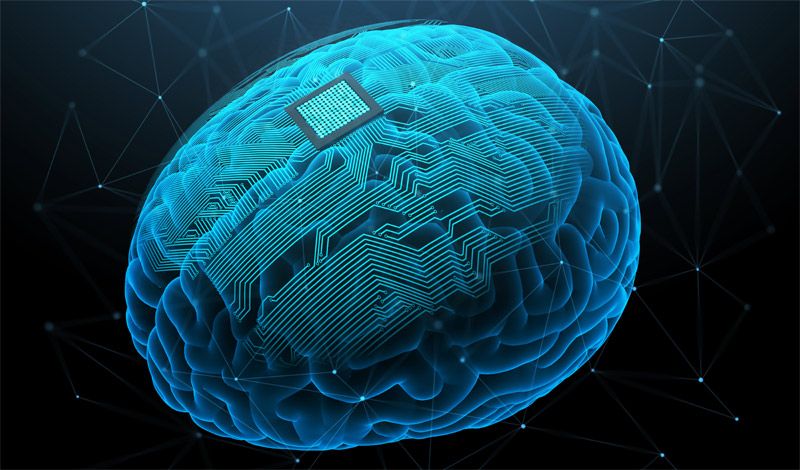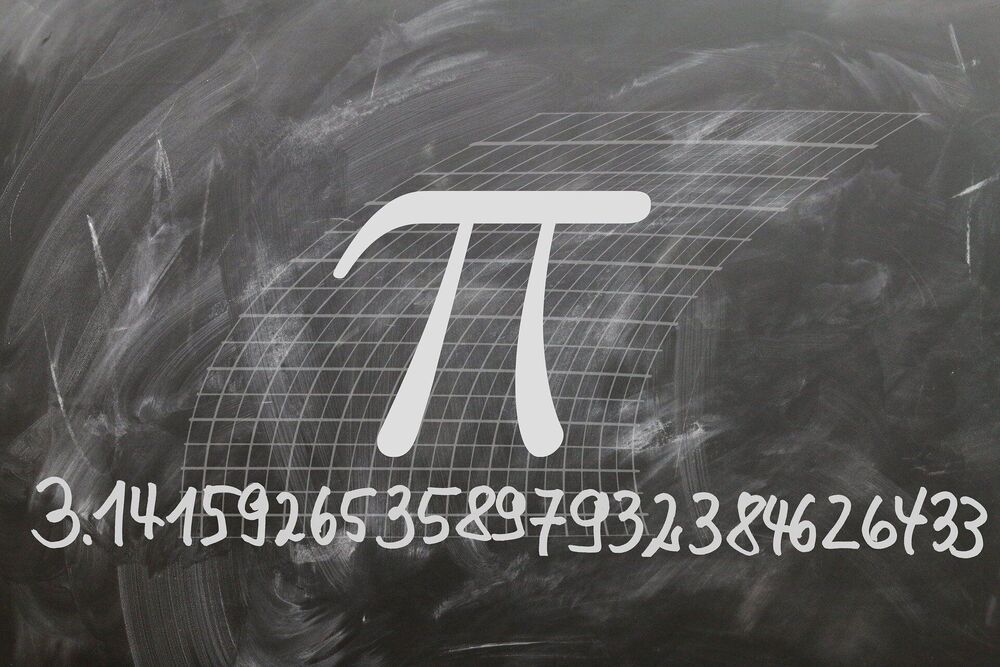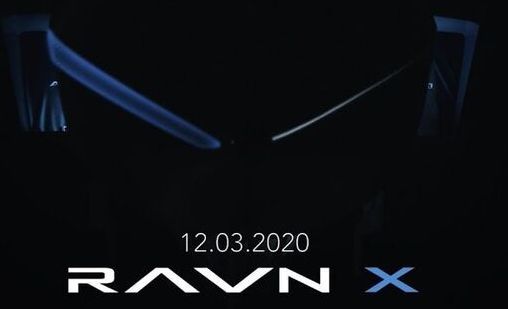An intelligent material that learns by physically changing itself, similar to how the human brain works, could be the foundation of a completely new generation of computers. Radboud physicists working toward this so-called “quantum brain” have made an important step. They have demonstrated that they can pattern and interconnect a network of single atoms, and mimic the autonomous behavior of neurons and synapses in a brain. They report their discovery in Nature Nanotechnology.
Considering the growing global demand for computing capacity, more and more data centers are necessary, all of which leave an ever-expanding energy footprint. “It is clear that we have to find new strategies to store and process information in an energy efficient way,” says project leader Alexander Khajetoorians, Professor of Scanning Probe Microscopy at Radboud University.
“This requires not only improvements to technology, but also fundamental research in game changing approaches. Our new idea of building a ‘quantum brain’ based on the quantum properties of materials could be the basis for a future solution for applications in artificial intelligence.”









